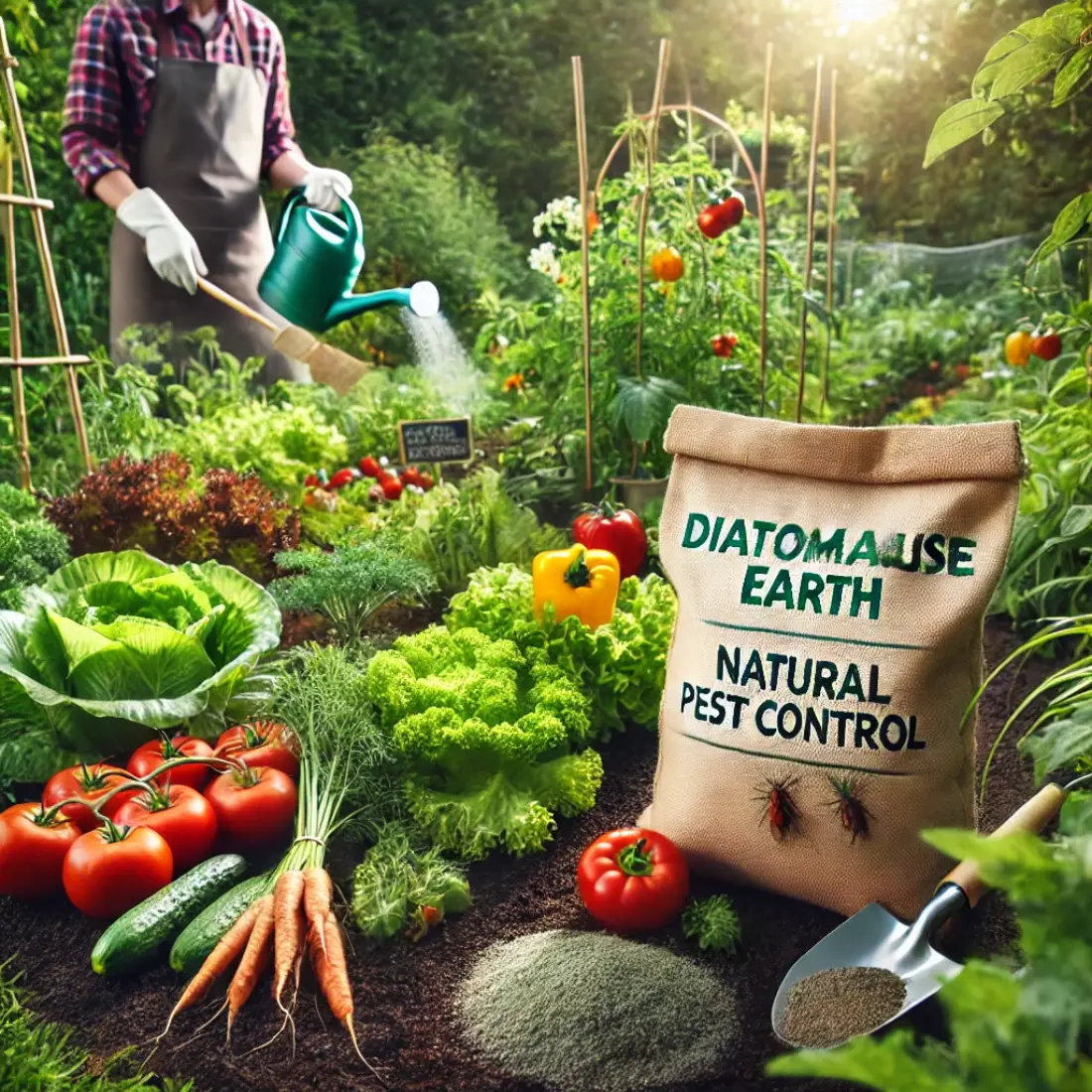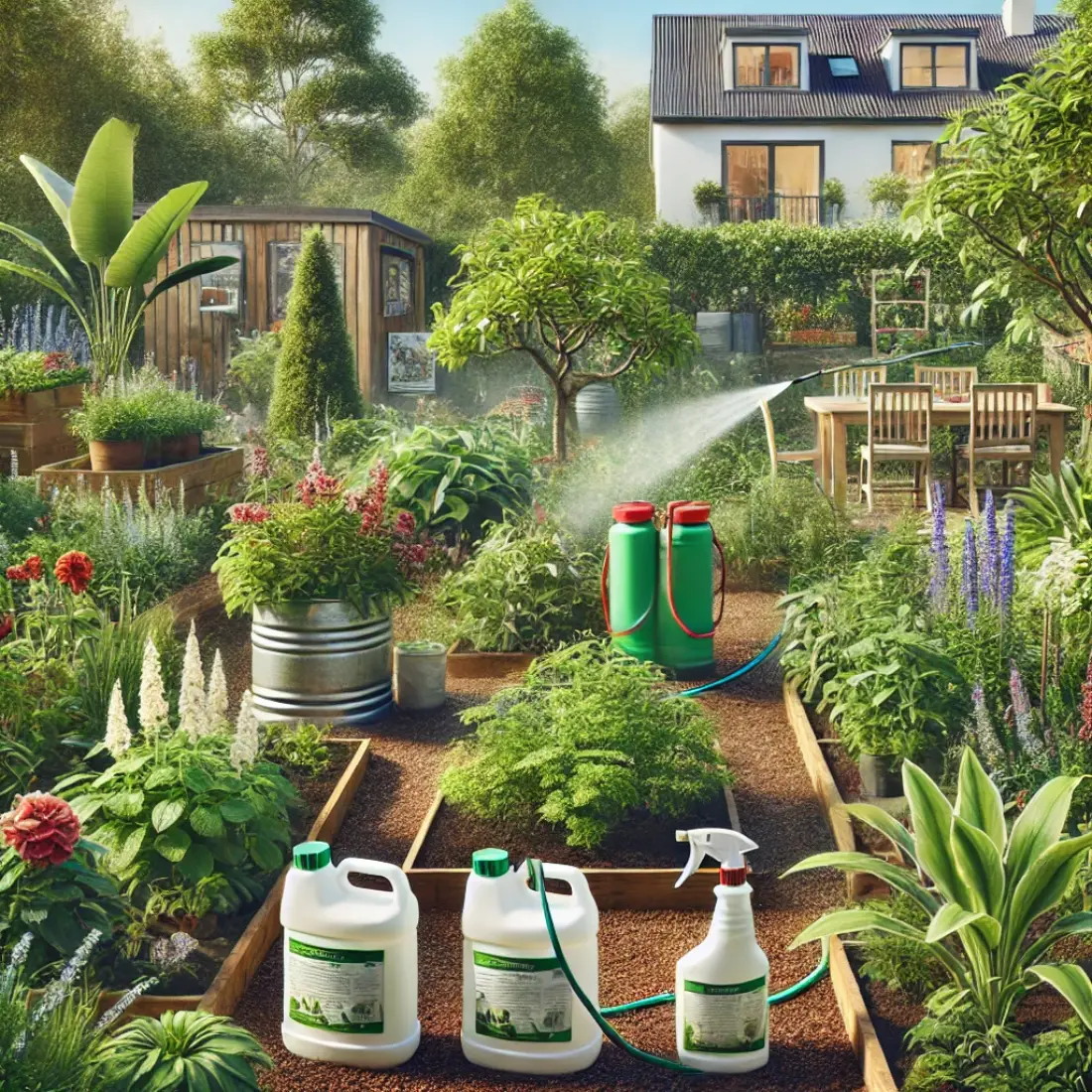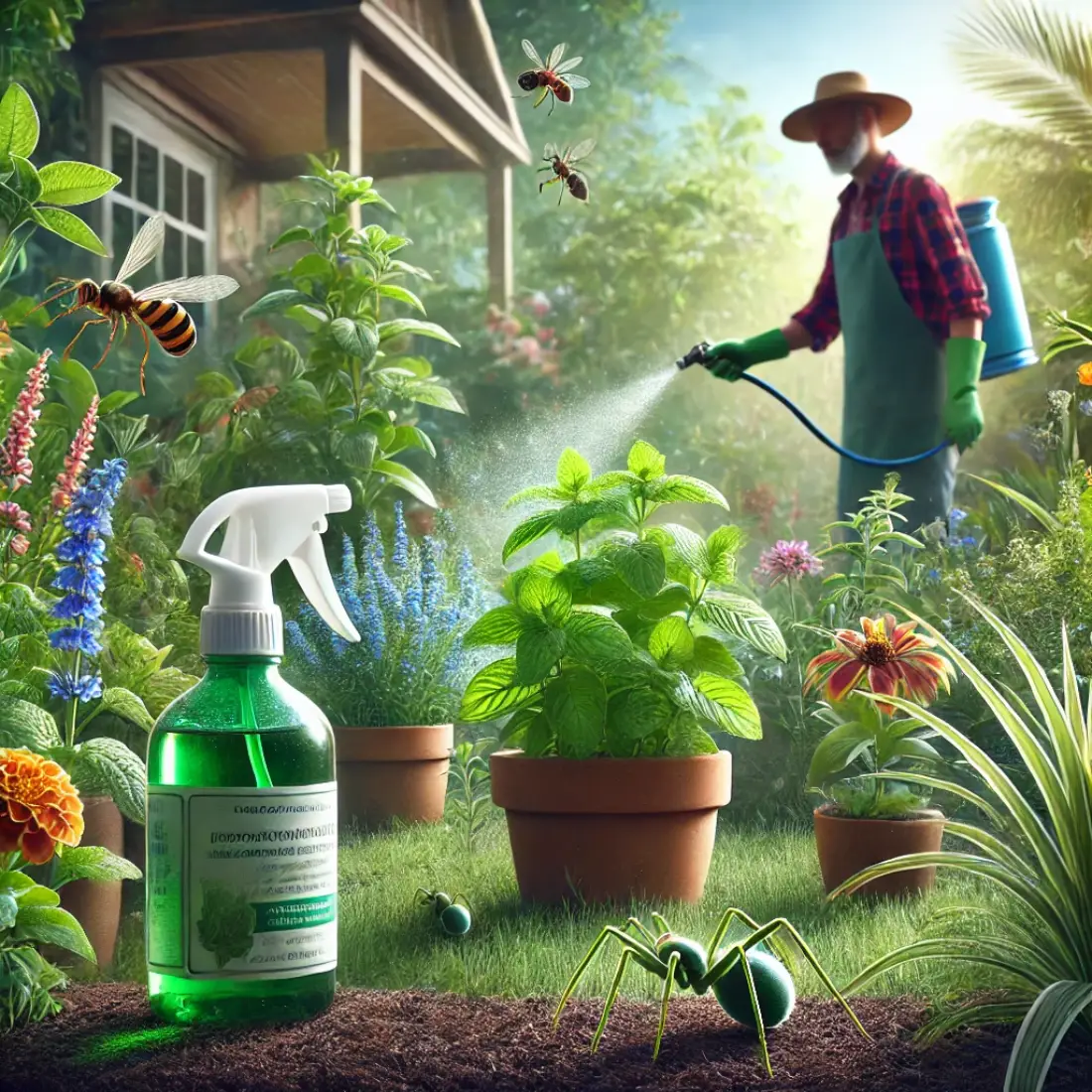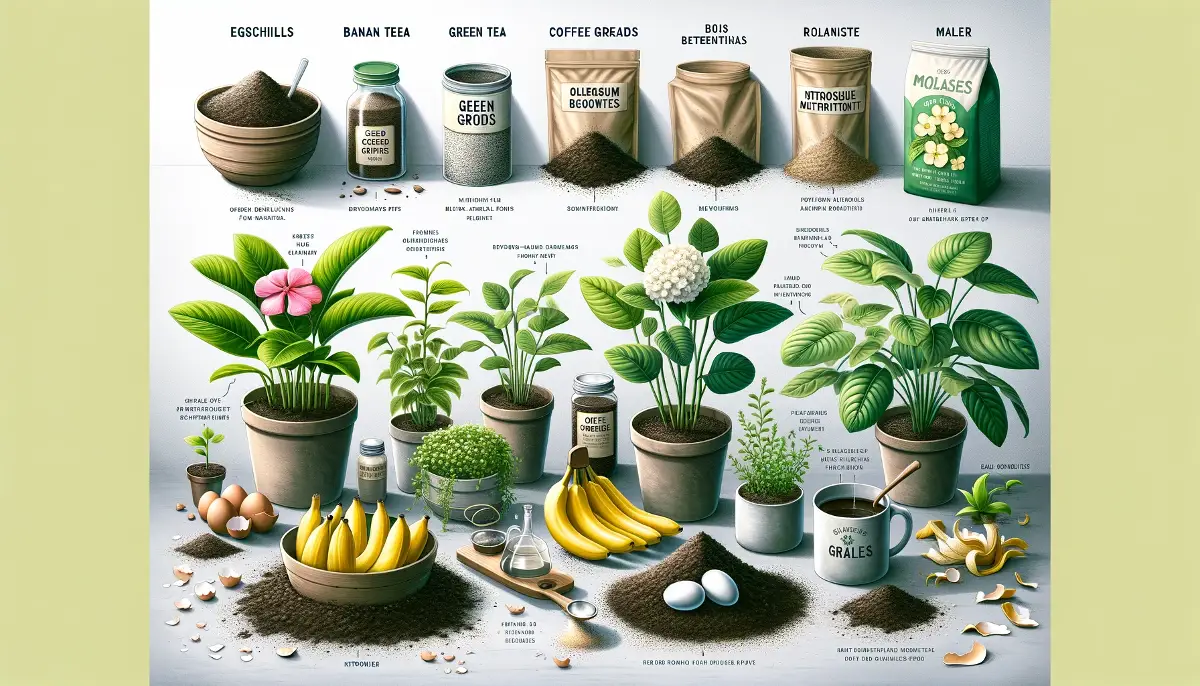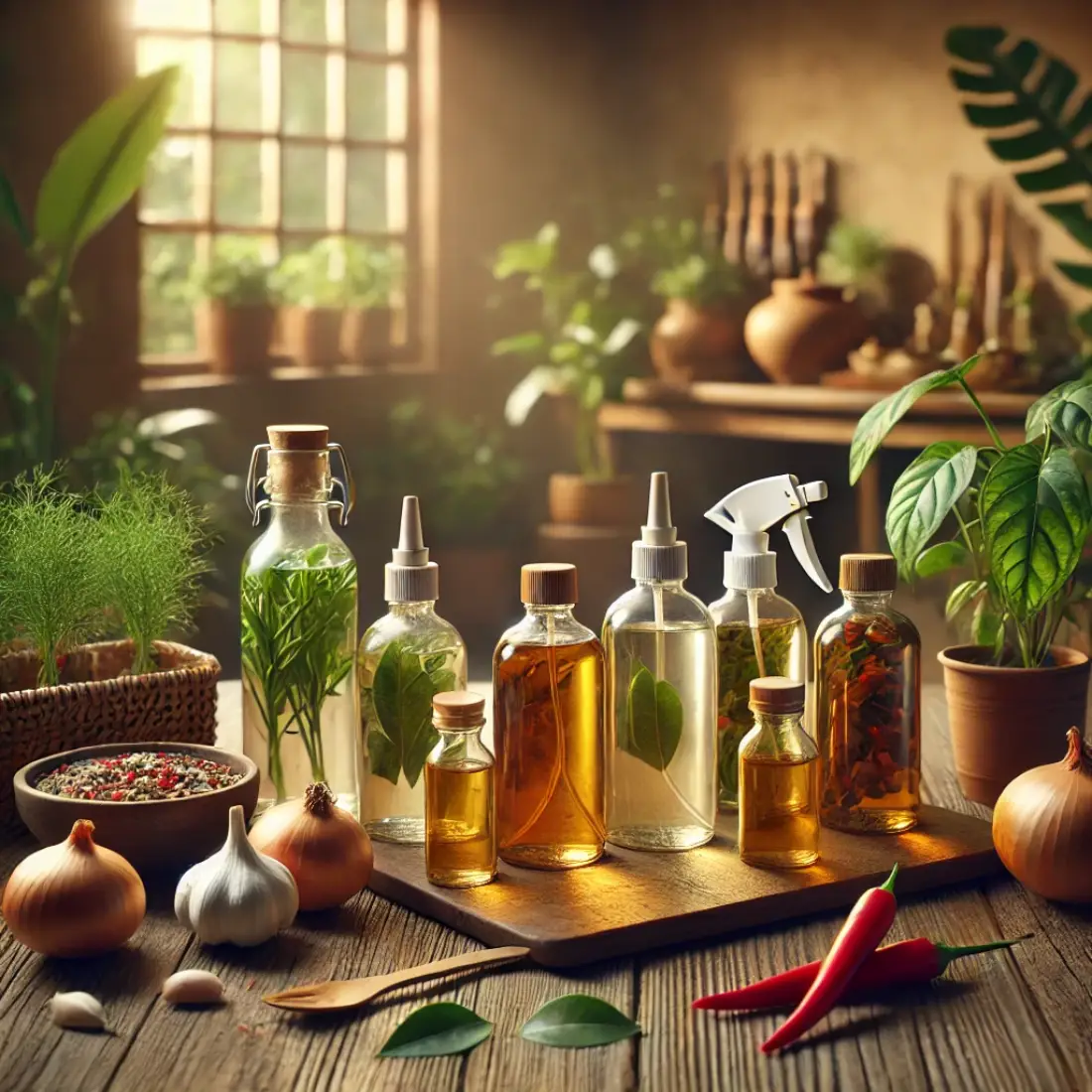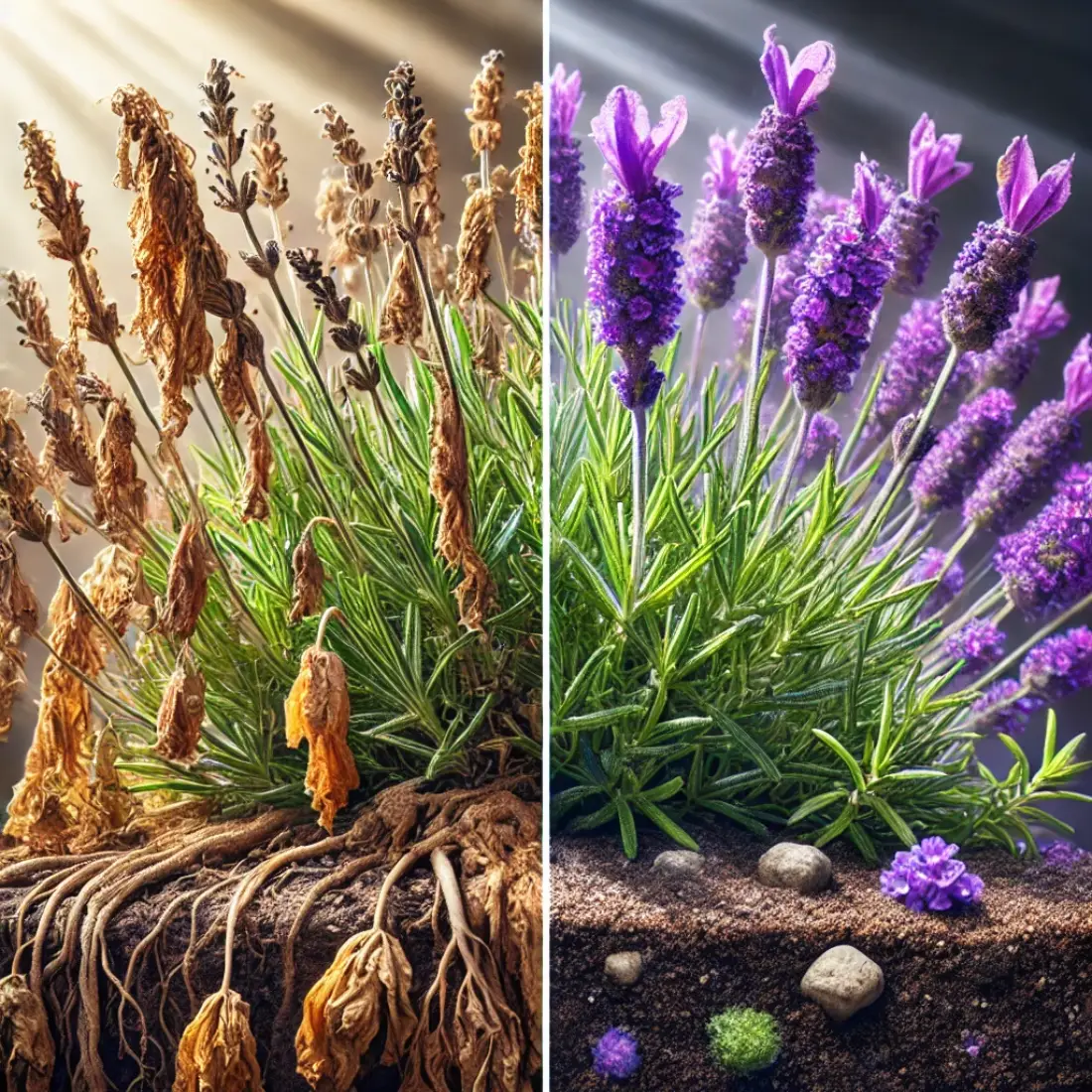Lemon juice isn’t just for culinary delights or refreshing drinks; it has a surprising array of uses in the garden as well. This natural substance, known for its acidity and rich vitamin content, can be a gardener’s secret weapon. From adjusting soil pH to deterring pests, the benefits of using lemon juice in gardening are vast and varied.
By incorporating lemon juice into your gardening routine, you can maintain healthier plants, reduce chemical use, and even find natural solutions for common gardening problems.
- Lemon juice is a natural pest deterrent.
- It helps to maintain soil pH balance.
- Lemon juice can improve plant growth and health.
- It serves as a natural weed killer.
Understanding Lemon Juice’s Properties
Lemon juice is a powerhouse of nutrients and natural compounds that can significantly benefit your garden. The key properties of lemon juice that make it an excellent addition to gardening practices are its nutritional composition and its acidity.
Nutritional Composition
Lemon juice is rich in vitamin C, which is crucial not only for human health but also for plant vitality. This vitamin acts as an antioxidant, helping plants combat stress and disease. Additionally, lemon juice contains small amounts of essential minerals like potassium and magnesium, which are vital for plant growth and development.
Acidity and pH Balance
The citric acid in lemon juice is one of its most potent properties. This acid can help lower the pH level of alkaline soils, making the soil more acidic and suitable for acid-loving plants such as blueberries, azaleas, and rhododendrons.
Proper pH balance is essential for nutrient absorption; when the soil pH is too high or too low, plants struggle to absorb the nutrients they need, leading to poor growth and health.
Lemon juice’s acidity also plays a role in natural pest control. Many pests, such as aphids and ants, are deterred by the acidic environment that lemon juice creates. This makes it a natural and eco-friendly alternative to chemical pesticides.
Lemon Juice as a Natural Pesticide
One of the most compelling benefits of using lemon juice in your garden is its ability to act as a natural pesticide. This eco-friendly alternative to chemical pesticides can help keep your plants healthy and free from common garden pests without harming the environment.
Repelling Common Garden Pests
Lemon juice is effective against a variety of garden pests, including aphids, spider mites, and ants. The acidity of lemon juice disrupts the delicate exoskeletons of these pests, deterring them from infesting your plants. Additionally, the strong citrus scent of lemon juice can mask the scent of the plants, making them less attractive to pests.
Recipes for Homemade Pesticides
Creating a homemade pesticide with lemon juice is simple and cost-effective. Here are a couple of easy recipes to try:
Basic Lemon Juice Spray:
- Mix the juice of two lemons with one quart of water.
- Add a tablespoon of mild dish soap to help the solution adhere to plant surfaces.
- Pour the mixture into a spray bottle and shake well.
- Apply the spray to affected plants, focusing on the undersides of leaves where pests often hide.
Lemon Garlic Spray:
- Blend one whole lemon (including the peel) and two cloves of garlic with one quart of water.
- Strain the mixture to remove solids.
- Add a tablespoon of mild dish soap.
- Pour into a spray bottle, shake well, and spray directly onto plants.
Application Methods and Tips
- Timing: Apply lemon juice pesticides early in the morning or late in the evening to avoid leaf burn caused by the sun.
- Frequency: Reapply every 7-10 days or after heavy rain to maintain effectiveness.
- Coverage: Ensure thorough coverage, especially on the undersides of leaves and around the base of plants where pests are most likely to hide.
Lemon Juice for Soil Health
Lemon juice is not only beneficial for pest control but also plays a significant role in enhancing soil health. Its acidic nature and nutrient content can help improve the soil environment, leading to healthier and more productive plants.
Adjusting Soil pH
Soil pH is a crucial factor in plant health, as it affects nutrient availability and microbial activity in the soil. Many plants thrive in slightly acidic to neutral soil conditions. However, in regions where the soil is naturally alkaline, plants can struggle to absorb essential nutrients.
Lemon juice, with its high citric acid content, can help lower the pH of alkaline soils, making them more acidic and better suited for acid-loving plants such as blueberries, azaleas, and rhododendrons.
How to Use Lemon Juice to Adjust Soil pH:
- Test your soil’s pH level using a soil test kit.
- If the soil is too alkaline, mix the juice of two lemons with a gallon of water.
- Water your plants with this mixture once a month to gradually lower the soil pH.
- Retest the soil pH periodically to monitor changes and adjust the application as needed.
Improving Nutrient Absorption
Lemon juice can enhance the availability of certain nutrients in the soil. The acidity helps to dissolve minerals, making them more accessible to plant roots. For instance, iron, which is essential for chlorophyll production, becomes more soluble in acidic conditions, helping to prevent deficiencies that can lead to yellowing leaves (chlorosis).
Application Tips for Nutrient Absorption:
- Mix the juice of one lemon with a gallon of water.
- Use this mixture to water plants once a month, particularly those showing signs of nutrient deficiencies.
- Combine with compost or organic fertilizers to boost nutrient levels further.
By using lemon juice to adjust soil pH and improve nutrient absorption, you can create a more balanced and fertile growing environment for your plants. This simple, natural approach supports healthier, more vibrant gardens.
Lemon Juice as a Natural Weed Killer
In addition to its pesticidal and soil-enhancing properties, lemon juice can also serve as an effective and natural weed killer. Its high acidity makes it a potent herbicide that can help manage unwanted weeds in your garden without resorting to harmful chemicals.
How It Works
The citric acid in lemon juice is the key to its weed-killing properties. When applied directly to weeds, the acid breaks down the plant’s cell membranes, causing it to dry out and die. This method is particularly effective against young, tender weeds that have not yet established a strong root system.
Comparison with Chemical Weed Killers:
- Environmental Impact: Lemon juice is a biodegradable and environmentally friendly alternative to synthetic herbicides, which can leave harmful residues in the soil and water.
- Safety: Unlike chemical weed killers, lemon juice poses no risk to pets, children, or beneficial garden organisms.
Application Tips
For best results, apply lemon juice on a sunny day when the heat can enhance the herbicidal effect. Here’s how to use lemon juice as a natural weed killer:
Direct Application:
- Juice several lemons to obtain a concentrated solution.
- Pour the juice into a spray bottle.
- Spray the lemon juice directly onto the leaves and stems of the weeds, ensuring thorough coverage.
- Repeat the application every few days until the weeds are visibly wilted and dead.
Enhanced Lemon Juice Weed Killer:
- Mix the juice of four lemons with one quart of vinegar for a stronger solution.
- Add a tablespoon of salt to enhance the drying effect.
- Pour into a spray bottle and apply as described above.
Precautions
- Targeting Weeds Only: Be careful to apply lemon juice only to the weeds, as it can harm desirable plants.
- Soil Acidity: Overuse of lemon juice can lower soil pH excessively. Monitor soil pH if using frequently.
Using lemon juice as a natural weed killer is an eco-friendly and safe method to maintain a weed-free garden. This approach not only helps control unwanted plants but also supports a more sustainable gardening practice.
Practical Applications of Lemon Juice in Gardening
Lemon juice is a versatile tool in the gardener’s arsenal, offering several practical applications beyond pest control and soil health. Here are a couple of ways you can use lemon juice to enhance your gardening practices:
Cleaning Garden Tools
Lemon juice’s natural acidity makes it an excellent cleaner for garden tools. It helps remove rust, sap, and dirt, ensuring your tools remain in good condition and reducing the risk of spreading diseases between plants.
Steps for Effective Cleaning:
- Mix equal parts lemon juice and water in a bucket.
- Soak rusty or dirty tools in the solution for 10-15 minutes.
- Scrub with a brush to remove any remaining residue.
- Rinse with clean water and dry thoroughly to prevent rust.
Enhancing Plant Growth and Health
Lemon juice can also be used to create a foliar spray that boosts plant health. The vitamin C and citric acid in lemon juice can help improve plant vitality and enhance the appearance of leaves.
Citrus Spray for Foliage:
- Mix the juice of one lemon with a quart of water.
- Add a tablespoon of mild dish soap to help the solution stick to the leaves.
- Pour into a spray bottle and apply to plant foliage, avoiding direct sunlight to prevent leaf burn.
FAQs about Lemon Juice
How often should I use lemon juice in my garden?
It’s recommended to use lemon juice as a pesticide or soil amendment once a month. For weed control, apply as needed, ensuring not to overuse it to avoid soil acidity issues.
Can lemon juice harm my plants?
Yes, lemon juice can harm plants if used excessively. Its high acidity can damage plant tissues and overly lower soil pH. Always dilute lemon juice and apply it carefully, targeting specific areas.
What pests does lemon juice repel?
Lemon juice is effective against a variety of pests, including aphids, spider mites, and ants. The acidity disrupts their exoskeletons, deterring them from infesting your plants.
Is lemon juice safe for all types of plants?
Lemon juice is generally safe for most plants when used correctly. However, some sensitive plants may not tolerate its acidity well. Always test on a small area first and observe for any adverse reactions.
How do I use lemon juice to adjust soil pH?
To lower soil pH, mix the juice of two lemons with a gallon of water and water your plants with this solution once a month. Regularly test soil pH to avoid making it too acidic.
Can lemon juice be used as a fertilizer?
Lemon juice itself is not a fertilizer but can enhance nutrient absorption. Mix the juice of one lemon with a gallon of water and use this mixture once a month to help plants better absorb nutrients from the soil.
How can I make a lemon juice weed killer?
Mix the juice of several lemons with one quart of vinegar and a tablespoon of salt. Spray this mixture directly onto weeds on a sunny day for best results. Repeat as necessary.
What are the benefits of using lemon juice for cleaning garden tools?
Lemon juice effectively removes rust, sap, and dirt from garden tools due to its natural acidity. This keeps tools in good condition and reduces the risk of spreading diseases between plants.
Can lemon juice be used to clean plant foliage?
Yes, you can create a foliar spray by mixing the juice of one lemon with a quart of water and a tablespoon of mild dish soap. Spray on plant leaves to improve their health and appearance.
How can I prevent over-acidifying my soil with lemon juice?
To prevent over-acidification, always dilute lemon juice with water before application and test your soil’s pH regularly. Use lemon juice treatments sparingly and monitor plant responses closely.


